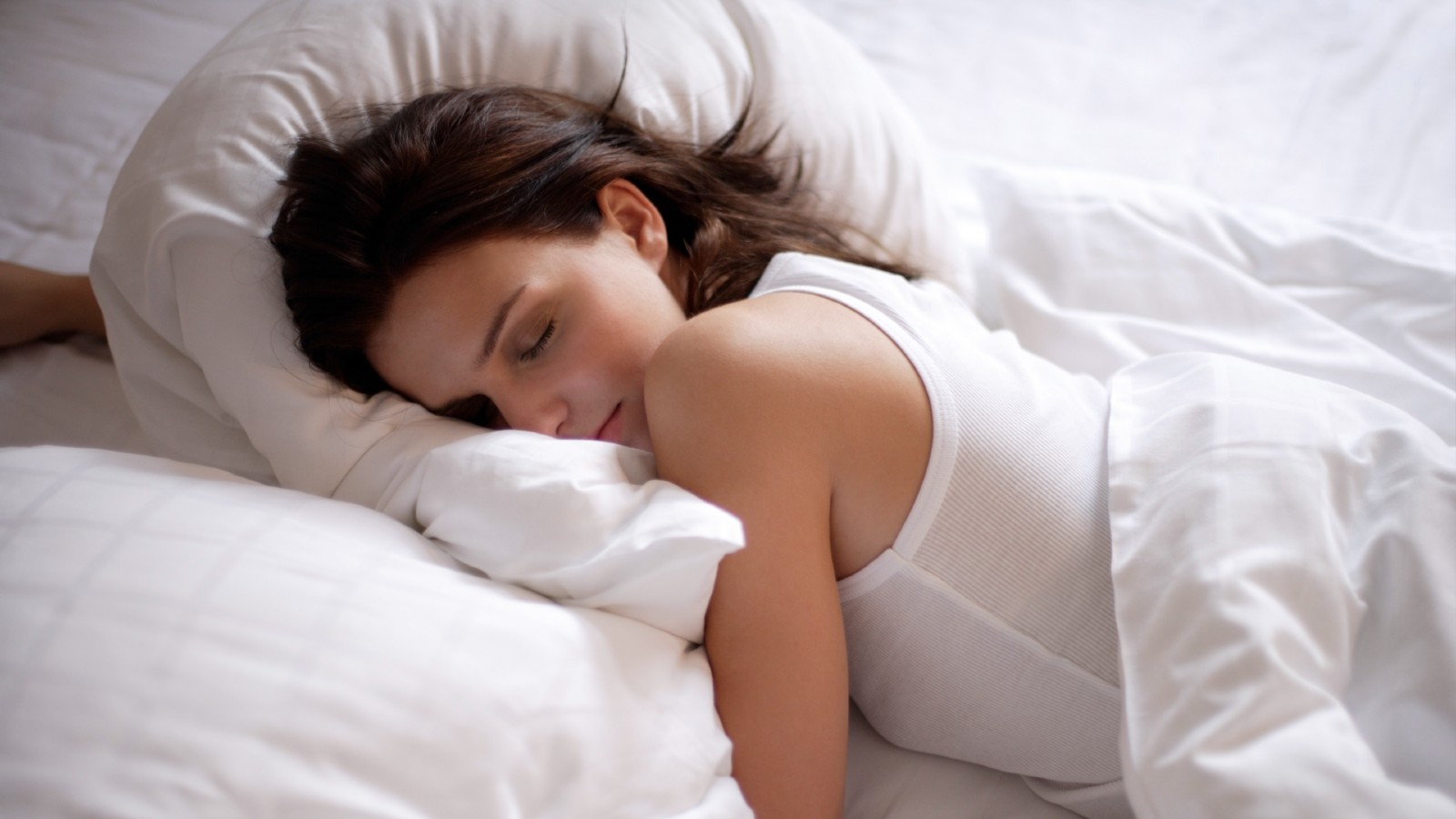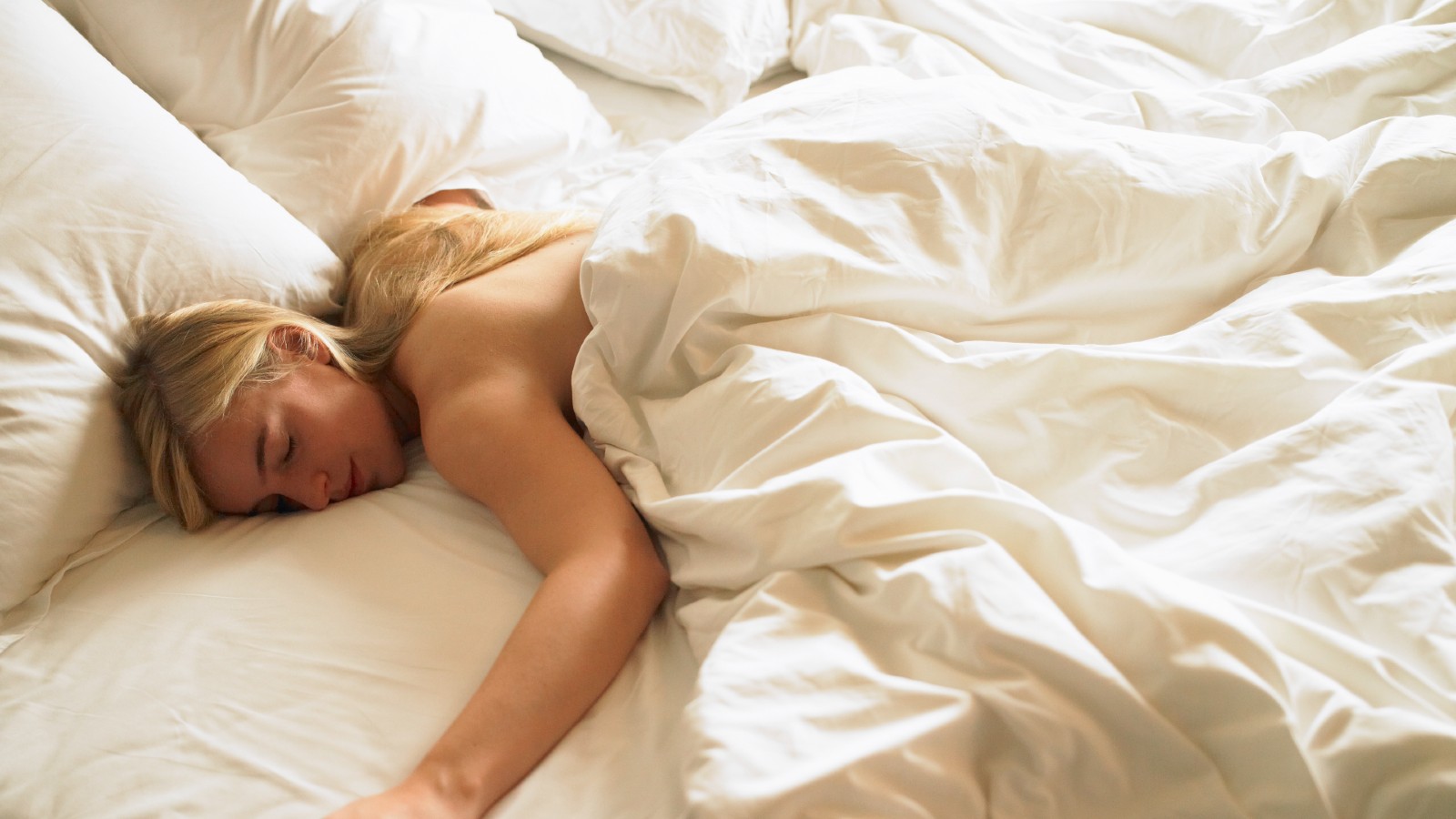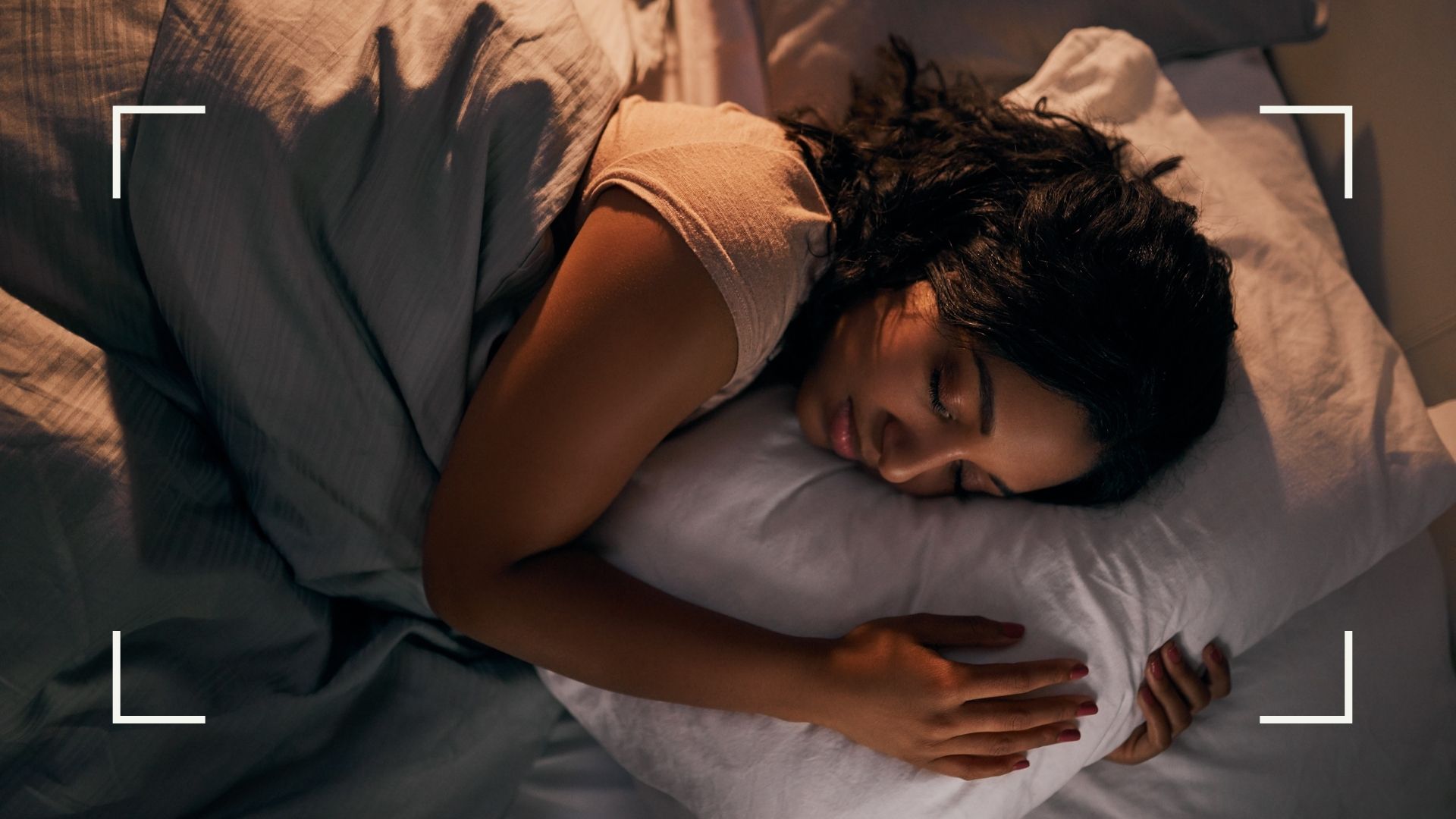A new study reveals exactly how many hours of sleep people aged 38 and over need, and it's not 8!
If you're questioning how many hours of sleep you need, the answer could be less than you think...


Many of us wonder how many hours of sleep we need each night and while most of us think that the answer is 8 hours, a new study has suggested that the answer is actually quite different.
Sleep is one of the most important factors that contribute to our health and well-being but many of us still have no idea how many hours of sleep our body actually needs. However, a new study has found that people over the age of 38, actually don't need 8 hours of sleep every night, and the optimal number of hours in bed is lower.
According to the study, people aged over 38 only need 7 hours of sleep per night. This means they only need 49 hours of sleep per week, rather than the previously assumed 56 hours of sleep a week.

You may also like...
How to sleep better by making a few simple changes to your daily routine
The study about sleep was published this week by scientists from the University of Cambridge and Fudan University in China. The researchers collected data from nearly 500,000 adults who were aged between 38-73 years old.
The study analyzed the participants sleeping habits, genetic and cognitive factors, brain structure, and mental health. Once this information was collected and analyzed the researchers were able to work out that 7 hours per night is the 'optimal sleep duration'.
The research found that too much or too little sleep can impact a person's well-being and in fact, the perfect amount of sleep for the majority of adults was 7 hours. Those who received 7 hours of sleep had better problem-solving skills, memory, and processing ability. They were also less likely to struggle with mental health issues such as anxiety or depression.
The study also showed that consistency was key. So sleeping 6 hours one day, then 8 hours the next, caused inconsistent sleep and tiredness, even if they are getting the same number of shut-eye per week.
Sign up to our free daily email for the latest royal and entertainment news, interesting opinion, expert advice on styling and beauty trends, and no-nonsense guides to the health and wellness questions you want answered.
Women's Health reported that researcher Prof Barbara Sahakian from the University of Cambridge, said, "Getting a good night’s sleep is important at all stages of life, but particularly as we age. Finding ways to improve sleep for older people could be crucial to helping them maintain good mental health and wellbeing and avoiding cognitive decline, particularly for patients with psychiatric disorders and dementias."

As the summer nears, sleep is becoming more and more important as many of us are struggling to figure out how to sleep in the heat during the hot weather.
So whether you know how to fall asleep quickly, or whether it takes you a bit of time to nod off, this study should reassure you that 8 hours is no longer the recommended amount, and 7 hours per night is the perfect number for proper rest and good health.
Laura is the Entertainment Editor for woman&home who primarily covers television, film, and celebrity news. Laura loves drinking and eating and can often be found trying to get reservations at London's trendiest restaurants. When she's not wining and dining, Laura can also be found travelling, baking, and hiking with her dog.
